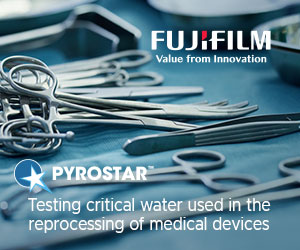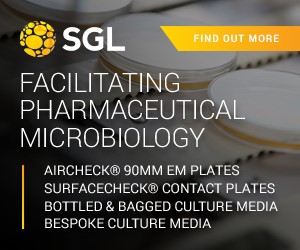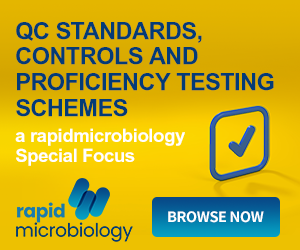Momentum Grows for Two-step Approach to C. difficile Diagnosis
| Improved diagnosis of Clostridium difficile infection using the two-step approach was the hot topic of discussion at the recent 9th Tripartite Meeting of the Celtic Microbiology Associations in Cardiff. Keynote speaker Prof Mike Wren reviewed the mounting data to support the two-step approach which offers significant improvements over current toxin-only methods. Incorporating a screening test to detect the C. difficile antigen, glutamate dehydrogenase (GDH), the new approach allows negatives to be confidently reported immediately. GDH-positives are tested for C. difficile toxins A/B and cultured for toxigenic strains. Evaluations at multiple sites have shown that this rapid, simple and cost effective approach has a negative predictive value (NPV) of 99.5% and demonstrates excellent concurrence with reference methods. Attendee Dr Shabram Iyer, Consultant Microbiologist at the Royal Berkshire Hospital was in complete agreement with the data presented, commenting, "Having evaluated the 2-step approach in our own laboratory, we have decided to implement it into routine use. We feel that faster, more accurate reporting will help our clinicians to improve patient management and allow us to more effectively control infection in the hospital. We intend to publish our data as soon as possible". Rapid tests for GDH and Toxins A/B are available separately or as a combined panel from Inverness Medical Ltd. |
NOTE: This item is from our 'historic' database and may contain information which is not up to date.
Source : Inverness Medical UK Ltd View archived contact details
Posted on July 31, 2009






